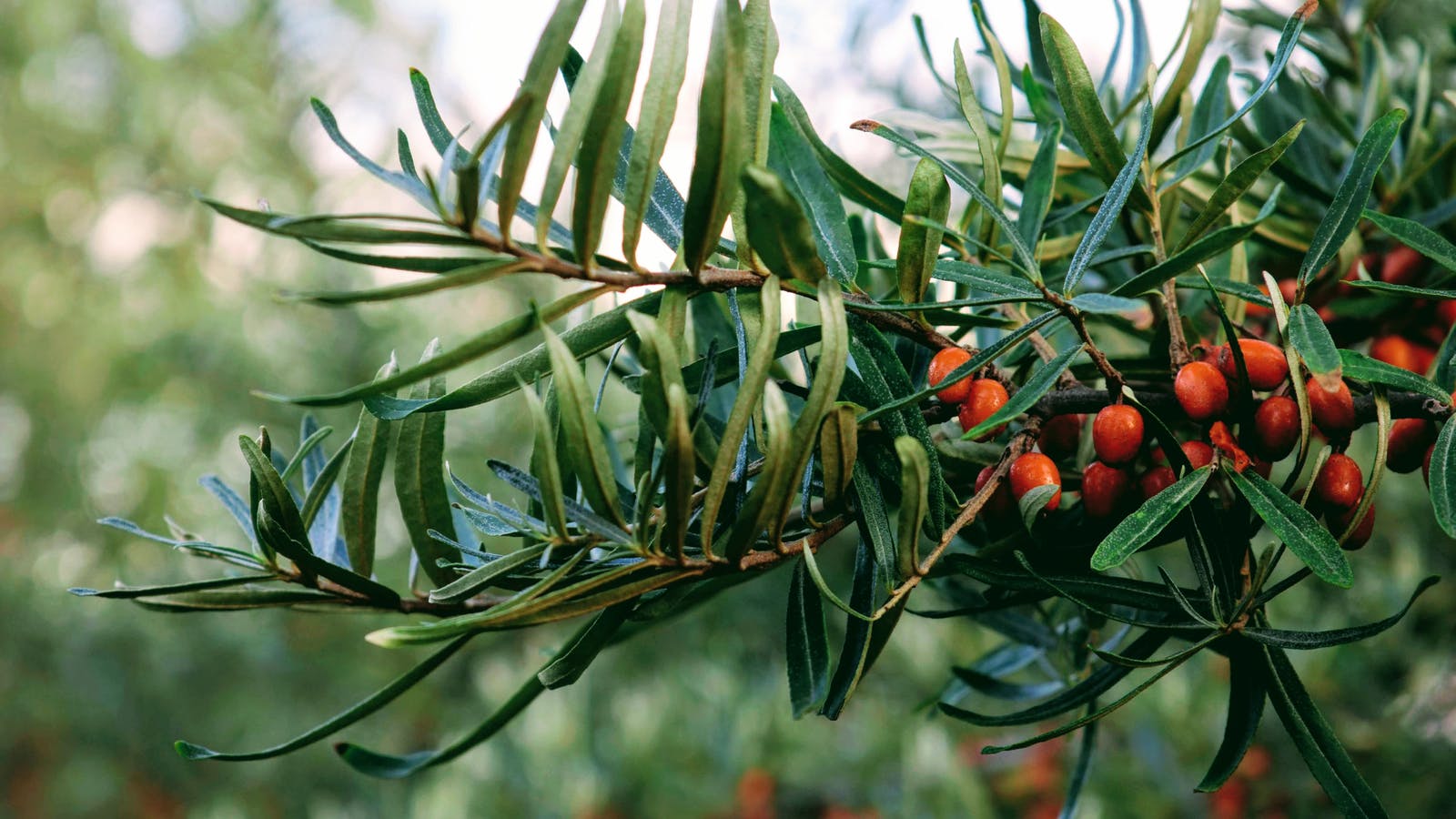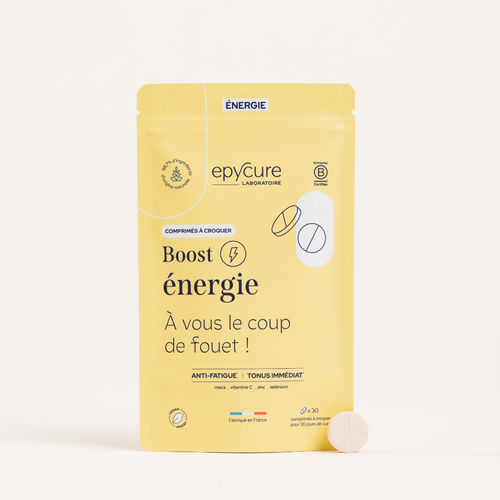What vitamin to take in case of fatigue?
Vitamin C, or ascorbic acid, is known for its immuno-stimulating and anti-fatigue benefits, and has an important role, especially as winter approaches when its consumption is significantly higher, due to its toning effect on the body. 'body. It is also an excellent anti-oxidant which fights against free radicals responsible for cellular aging, it participates in the synthesis of collagen necessary for the repair of tissues (skin, nails, hair) and increases the absorption of iron and calcium contained in Food. Vitamin C also prevents and reduces the severity of allergies, accelerates healing/healing caused by an operation or other and also has the function of participating in hormonal synthesis.
How to treat general fatigue?
In addition to all its other particularities, vitamin C is a water-soluble vitamin which is not synthesized by the body and it must therefore be provided through a varied diet. Discover its best sources, something to stock up on energy and get a dose of well-being.
Guava
It contains 180 mg of vitamin C per 100 g, double the recommended daily intake. It is also a lymphatic and digestive stimulant and contains provitamin A, B vitamins and minerals such as potassium .
Kiwis
They provide 100 mg of vitamin C per 100 g. They also stimulate intestinal transit in adults and at all ages (it is one of the most effective home remedies for constipation), and their potassium content makes them very diuretic.
Citrus fruits
With 55 mg of vitamin C per 100 g in lemon and orange and 35 mg in grapefruit, citrus fruits are placed far behind guava, currants and kiwis, but nevertheless remain a source of vitamin C which will provide you with vitality and which is more “local” and more accessible in Europe.
Cruciferous vegetables
They contain on average 110 mg of vitamin C per 100 g and also have other immune defense properties, thanks to their richness in fiber , minerals such as calcium and iron , and vitamin A. They can be eaten in salad, wok, steamed or baked.
Red peppers
They provide 140 mg of vitamin C per 100 g. Peppers in general are rich in this vitamin, but red is richer than green (80 mg/100 g). And not only does it contain vitamin C, but it also provides you with vitamins A, E, B6 and folic acid. Consuming it regularly therefore improves your eyesight, your digestion , your cardiovascular health, promotes the elimination of toxins and strengthens your natural defenses.
Parsley
It provides 166 mg of vitamin C per 100g. With 25 g of fresh parsley, you cover 70% of the daily vitamin C needs recommended by your doctor. Add it to your salad, your green smoothie, use it as the base of a light sauce to accompany your meat or fish. The possibilities are limitless.
Good to know
It is also possible to consume other sources of vitamins to regain some tone. Magnesium, for example, helps with nervous balance and muscle relaxation; it is recommended when fatigue is accompanied by nervousness , sleep disorders or cramps. You can also find it in classic multivitamins. It is present in small quantities and/or in the form of salts that are poorly assimilated by the body. Pair it with B vitamins for best results!
For people suffering from vitamin C deficiency, it is possible to opt for supplementation and choose a course of food supplements that contain it, like some of our cures!
Also for pregnant women, vitamin C will also give you tone and even strengthen your placenta. It is an essential vitamin during pregnancy!



